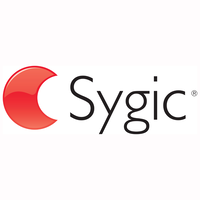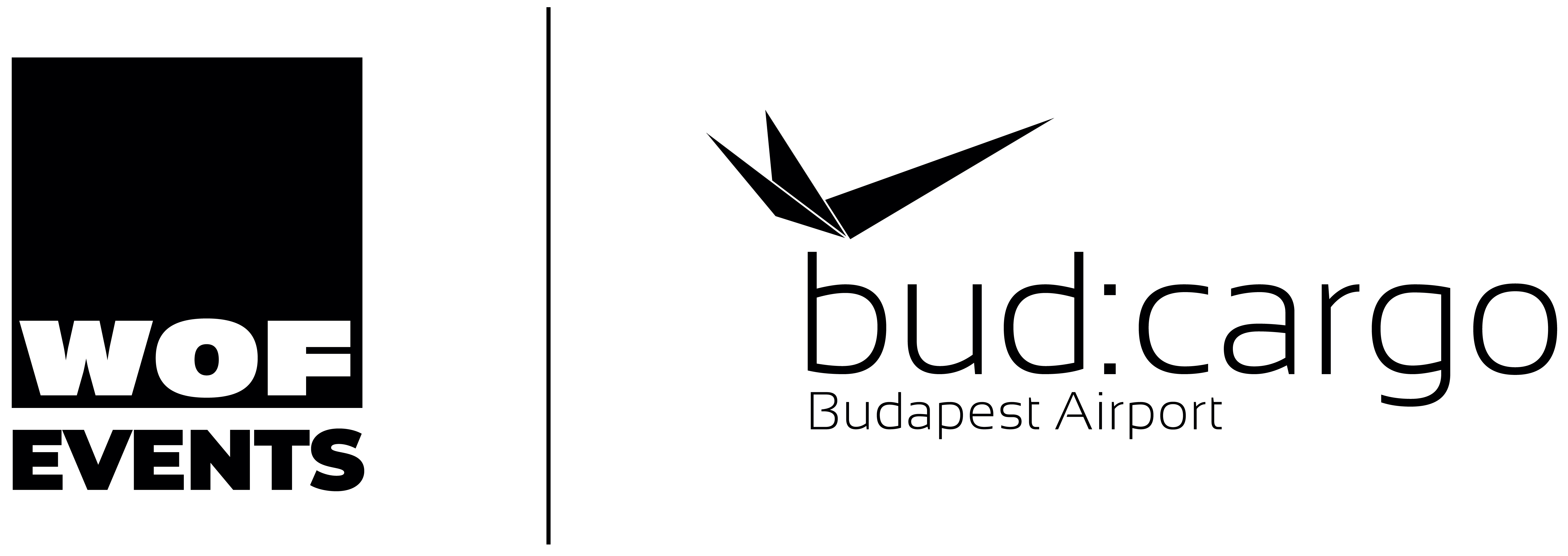Interview with MIROSLAV REMECKÝ
| Miroslav Remecký currently serves as a Vice President Enterprise responsible for the development of global markets. Before, he served as Chief Commercial Officer at Sygic North America, based out of Toronto, Canada. Before joining Sygic, Mr. Remecký led Sales and Biz Dev teams in various tech companies, exploring new, advanced and exciting technologies redefining markets and the way we are doing business. He is particularly interested in mobile apps and technology for their ability to disrupt traditional business approaches and deliver more added value to the customer. Mr. Remecký gained Professional and managerial experience in the USA, Ireland, Czech and Slovak Republic. |
1. Electromobility is booming, and it is one of the fastest-growing industries at the moment. What solutions are you offering at Sygic that can be integrated into the electric vehicles? We are focusing on two sectors in electromobility: consumers and OEMs. We have lately added the EV Mode to the flagship Sygic GPS Navigation, and the algorithm is also part of our complex solution for OEMs in the mirrored or embedded version. Our EV Mode navigation considers several factors, including data from charging station providers, price information, vehicle battery level, and its range. Then it schedules charging points along the route for an optimal reach. It can also make last-minute recomputing based on changes in battery conditions or real-time availability of the stations, so users can always depend on the information. What makes this a true EV navigation is a fact that we also account for specific factors that influence EV range, such as traffic, road elevation level, state of charge of the car, and the average consumption per 100km. 2. Do you think that real-time visibility can help delivery companies to cope with the current higher demand for their services due to pandemic? Definitely. Real-time visibility, together with precise ETA calculation, is crucial in addressing this challenge. When customers have access to this information, they usually make adjustments on their end to be available to receive the order, which shouldn’t be taken lightly even during the pandemic. More people might work from home, but that doesn’t mean they are available at all times without prior notice. Keeping them informed makes the delivery smoother and saves the driver’s time, which is vital to meet the primary goal of optimizing vehicle and driver utilization. It is also important to note that leveraging this technology goes beyond rising above the current situation. The pandemic as it currently affects us will end one day, but what we’ve seen happening before, and what is now being cemented, is the change in customer expectations. The rise of digitization has primed customers to expect effortless and convenient service, and that is something we can’t ever go back from. Businesses have to recognize this need and find ways to address it by employing tech – and optimize processes on their end as a bonus. 3. What is your opinion about positioning WOF EXPO in the Central and Eastern Europe region? The freight and logistics market in the CEE region has its specific challenges, and trying to take a bigger piece of the pie from giants like Germany or the UK has been a slow process. Relatively low costs of labour and warehousing space have recently attracted big companies into the region, and that has impacted the development of logistics as well, but substantial growth is yet to come. I think this is the perfect time to kick off WOF EXPO in this region, connect professionals, and help facilitate the growth. 4. What will be the impact of Covid19 for further business development in your company? Like many other businesses, we had to go completely digital. Luckily we’ve already operated globally and communicated with many of our B2B clients virtually, whether via email or conference calls. However, it is still limiting when you can’t travel and assist your clients with bigger projects on site. So in the short run, we’ll continue adjusting to the situation and try to find the best ways to support our clients remotely. In the long run, we’ll have to stay agile and go wherever the industry will shift. For example, we can already see that the pandemic has created a huge environmental precedent and that the ongoing effort to lower emissions across the globe has only strengthened. When the transportation industry takes off again, we can expect a bigger push for greener logistics, and that’s where we plan to continue supporting our partners. |
 | Sygic is a global GPS navigation provider and the developer of the world’s most popular offline navigation app trusted by more than 200 million drivers. In the enterprise sector, Sygic supports more than 2,000 fleets with special routing for heavy trucks, delivery vans, taxis, and emergency vehicles. Covering over 160 countries, the company supplies various fleets in the fields of transportation, logistics, parcel delivery, field service, automotive, utilities, emergency, and communal services. sygic.com |

